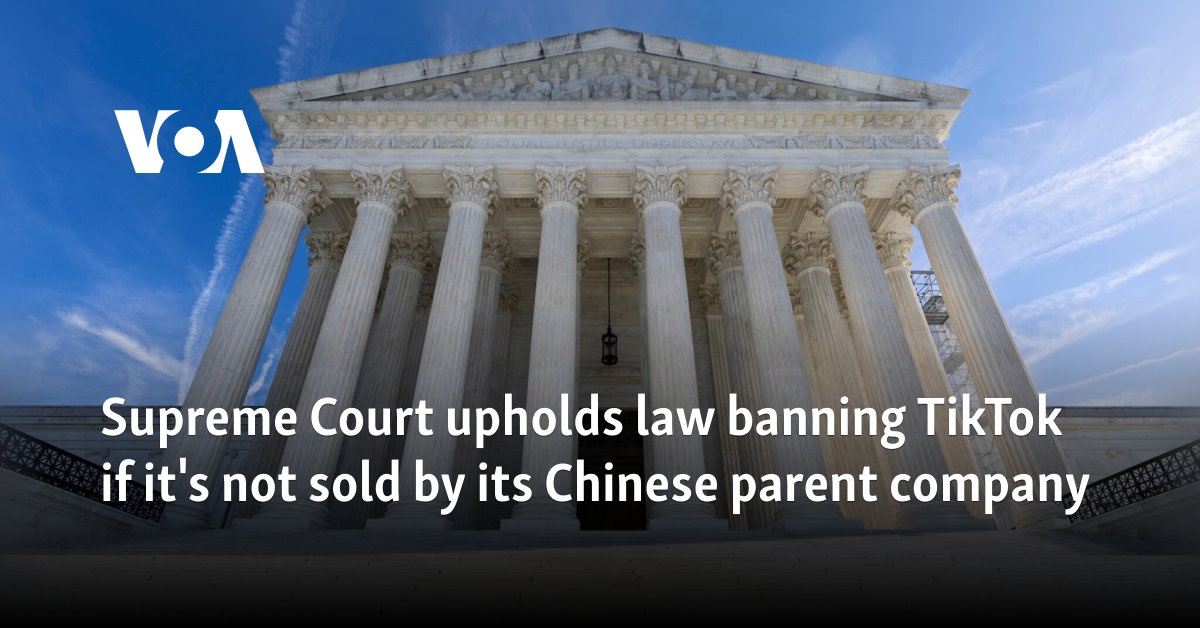Green United LLC, a company that offered mining equipment for its GREEN token to US residents, engaged in a fraudulent scheme, according to a lawsuit filed by the Securities and Exchange Commission (SEC) last year that has now found support in a court.
In a Judgment issued on September 23Judge Ann Marie McIff Allen determined that The SEC has sufficient grounds to move forward with the lawsuit The case will therefore move forward, leaving behind the attempt by the company’s leaders to go to court to dismiss the arguments presented by the SEC, pointing out that the agency does not have the authority to regulate the cryptocurrency industry.
The company, led by Wright Thurston and Kristoffer Krohn, is accused of raising $18 million from US investors to whom it offered for sale alleged cryptocurrency mining equipment called Green Boxes and Green nodes.
According to the SEC, these devices for digital mining were marketed as instruments to generate a token called GREEN, in a decentralized and “green” (environmentally friendly) network that never existed.
He text presented by the agency regulator indicates that The company promised monthly profitability of 40% to 50% for mining the GREEN tokenHe even sold more than 1,000 Green Boxes, or supposed cryptocurrency mining devices, for which he received a total of $3 million, but apparently he never delivered those miners. Regarding this, the SEC maintains that these devices had no practical function and that the proceeds from these sales were used to acquire S9 Antminers, which are used for Bitcoin mining.
In any case, those affected ended up receiving GREEN tokens as a reward, instead of the bitcoins that the company secretly minedHowever, the reality is that this token distributed by the company’s leaders cannot be mined, as CriptoNoticias previously reported. This is due to the fact that this crypto asset is based on the Ethereum network, which generates new ethers (ETH) through staking, a transaction validation system different from mining.
Thus, the products offered by the defendants were classified by the SEC as investment contracts, which is evidence that securities were traded in accordance with the provisions of the United States Securities Act. An investment contract implies that money is placed in a common enterprise with the reasonable expectation of obtaining profits that depend on the initiatives of others.
Additionally, both the agency and the court agreed that The products offered by the company were part of a fraudulent scheme which deceived many investors, undermined their confidence and ensured illegitimate profits for those who promoted them. The SEC therefore sought a permanent injunction prohibiting the defendants from participating in future unregistered securities offerings, as well as the disgorgement of all ill-gotten gains, along with prejudicial interest and civil penalties.
Confusion over the Green United LLC mining equipment case
As several reports have misinterpreted the text presented by the SEC in its lawsuit against the company Green United LLC., confusion has arisen that cryptocurrency mining equipment was classified as securities by the regulatory agency. However, the reality is more complex and revolves around the characterization of the investment plan offered by the company, not specifically about the equipment called Green Boxes and Green Nodes.

The term securities has been causing confusion and controversy in the cryptocurrency industry. So much so that the agency itself recently acknowledged it in a court case in which He apologized and promised to “use more cautious language in the future.”«.
Attorney John Reed Star spoke out on the Green case, detailing that the leaders of the company Green United LLC recruited and paid commissions to promote and sell Green Boxes. They also acted as unregistered securities brokers and made numerous false statements to investors about the value of the GREEN token and the investment returns they could anticipate.
Additionally, the defendants led investors to believe that The price of GREEN could increase if Green United managed to create a “public network” “decentralized global”.
The case itself is complicated to understand because of what Reed explains: “The Green Boxes purchased by the investors did not mine GREEN, but rather they mined Bitcoin, which was not transferred to the investors. Similarly, the Green Nodes did not mine GREEN but, as alleged in the complaint, were basic software that in no way generated GREEN.”
For the lawyer, the main confusion is generated by the fact that “Congress used a very broad brush in defining a value.” He adds that this is a practically unlimited scope of human ingenuity, especially in the creation of countless and variable schemes devised by those who seek to use other people’s money with the promise of profit.
In a long tweet Reed outlines the SEC’s position on cryptocurrencies, stating that almost all offerings of these assets are considered securities.
The lawyer mentions that cryptoasset providers lack many of the elements that allow for an adequate assessment before the regulator. This is, for example, cash flow or operating history, which makes registration and regulation by the SEC difficult.
Reed then acknowledges that the SEC is not perfect and that some of its regulations may be questionable, but considers that the agency plays a fundamental role and that it is acting within its legal framework. It stresses that the digital asset industry must adapt to existing laws rather than waiting for them to change in its favour.






Leave a Reply